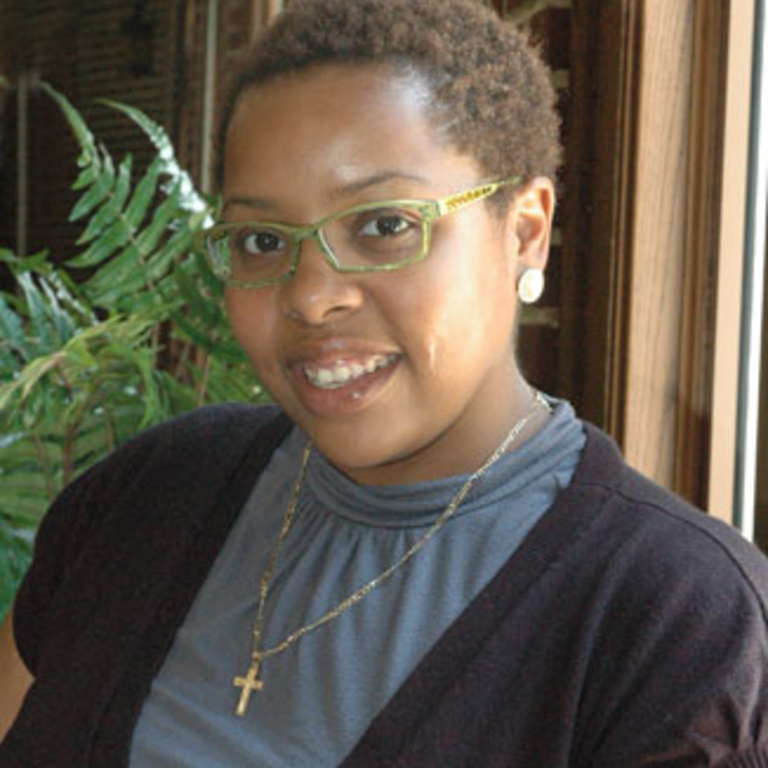Whitney Williams
Retention of a Newly Learned Visuomotor Adaptation
Visuomotor adaptation is the ability to adjust movement in response to changes in visuospatial perception. When visual feedback of hand movement is rotated relative to true hand movement, healthy adults gradually adapt arm reaching by rotating hand movement an equal amount in the opposite direction. The extent to which this type of learning can be retained is not known. Here, we investigated retention of a newly learned leg reaching visuomotor adaptation in a cohort of five healthy young adults. While seated, subjects performed leg reaching movements to visual targets displayed on a computer; foot movement was represented as a cursor on the screen. Subjects completed several trials in four experimental phases: Baseline, in which accurate visual feedback was provided; Adaptation, in which visual feedback was rotated 30° clockwise relative to the actual foot location; Post-adaptation, in which no visual feedback was provided and Retention, which was identical to post-adaptation, but tested at 10 minutes, 30 minutes, 4 hours and 24 hours after initial adaptation. Significant retention was observed for 30 minutes and decayed with time. With a larger sample size, it is likely that significant retention will be observable up to 24 hours after adaptation. Results suggest that leg visuomotor adaptations may be retained for up to 24 hours in healthy individuals. Subsequent work will investigate whether retention can be improved with additional practice and whether retention is impaired in individuals with motor stroke. This will help determine the involvement of the motor cortex in short- and long-term motor learning.
